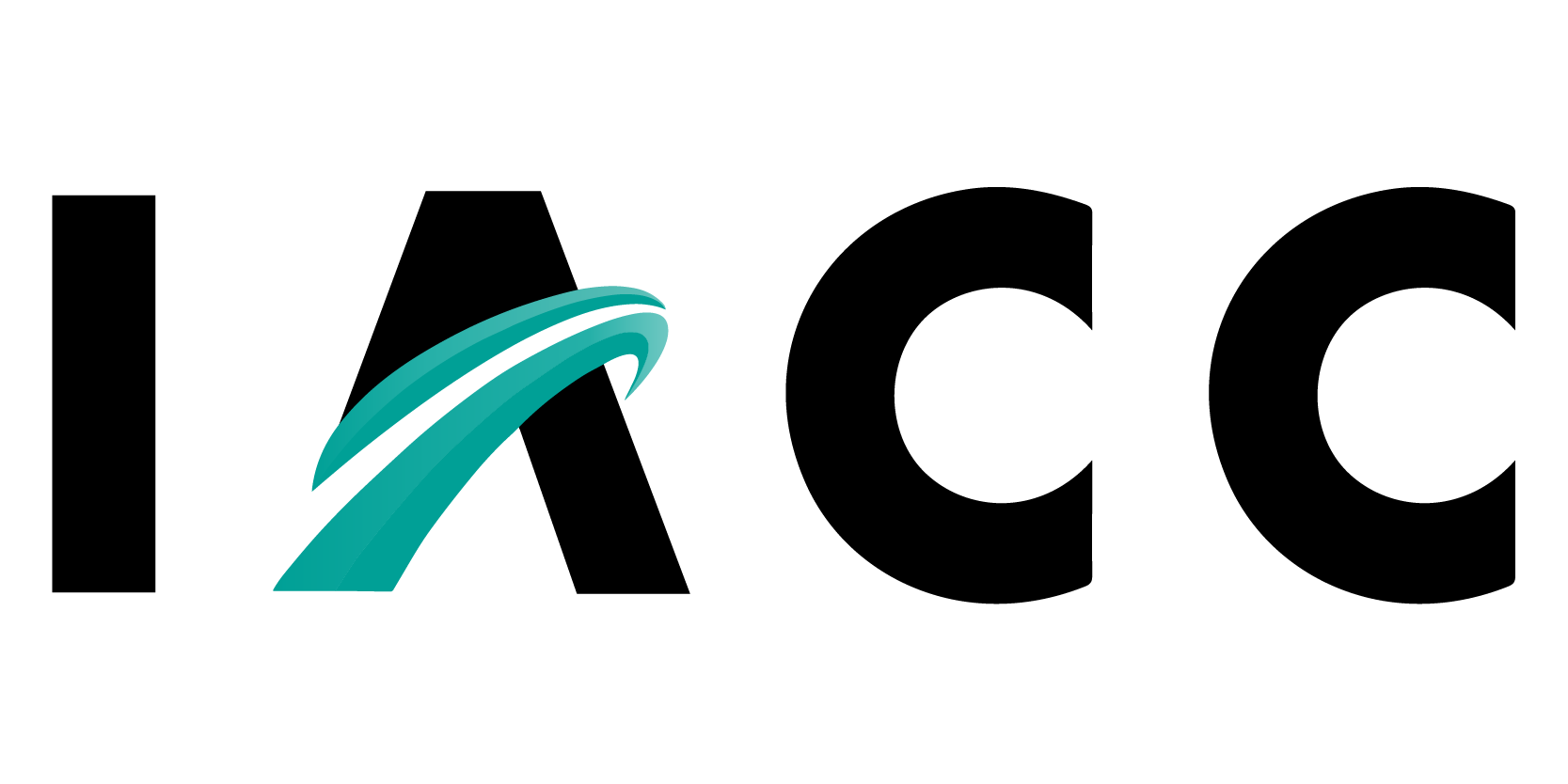Can You Write A Cover Letter Using ChatGPT

In my local school district right now, teachers are demanding that students write English assignments in class, under supervision… and with a pen and paper. You already know why: the skyrocketing proliferation of AI-generated content. Some of us marvel at the sophistication and accuracy you can get using ChatGPT. Others consider it ethically horrifying. It might be both.
Recently a client asked me about the pros and cons of using ChatGPT to write a cover letter, and to my own surprise, I had mixed feelings about it.
Look, we all know cover letters are a laborious chore. We also know they can be a giant waste of time because they might not ever be read. On the other hand, we know a cover letter can be a valuable tool that can in fact get the attention of a recruiter or hiring manager, expertly address things your resume cannot, and distinguish you from your competition.
So… are you sure you want to farm that out to a robot?
I know. It’s tempting.
The Robot Goes Job-Hunting
I’ve helped tons of people craft cover letters, and I got curious about how an AI would do it. So I asked ChatGPT: “Write a cover letter for a VP of HR job, one whose values align with mine and that I’m really interested in.” In 4.1 seconds I got this:
[Your Name]
[Your Address]
[City, State, ZIP Code]
[Email Address]
[Phone Number]
[Today's Date]
[Recipient's Name]
[Recipient's Title]
[Company Name]
[Company Address]
[City, State, ZIP Code]
Dear [Recipient's Name],
I am writing to express my sincere interest in the Vice President of Human Resources position at [Company Name]. As an accomplished HR professional with a strong commitment to fostering a positive and inclusive work environment, I am excited about the opportunity to contribute my expertise and leadership to an organization that aligns with my values.
Throughout my career, I have consistently demonstrated a passion for empowering individuals and teams to thrive in their roles. I firmly believe that an engaged and motivated workforce is the key to achieving organizational success. I have built my career on the principles of empathy, respect, and integrity, ensuring that employees are not only supported but also valued for their unique contributions. At the core of my approach is a dedication to fostering a diverse and inclusive workplace. I strongly believe that diversity drives innovation and creativity, making it a crucial aspect of any successful organization. I have successfully implemented initiatives that promote diversity and inclusion, encouraging a culture where every employee feels welcome and respected, regardless of their background or identity. My experience extends to developing and implementing comprehensive HR strategies that align with the company's overall goals and objectives. I have collaborated with executive teams to design and execute talent acquisition, retention, and development programs that attract top talent and nurture their growth within the organization. By creating effective performance management systems, I have contributed to a high-performance culture that encourages continuous improvement and learning. In my previous roles, I have overseen complex HR operations, ensuring compliance with all employment laws and regulations. I am adept at handling sensitive HR issues with discretion and professionalism, always seeking fair and equitable solutions for all parties involved. Additionally, I have successfully led change management initiatives, helping teams navigate organizational transitions with minimal disruption. [Company Name] has long been admired for its commitment to excellence, employee development, and social responsibility. Your dedication to fostering a positive corporate culture and a workplace that values its people deeply resonates with me.
I am genuinely inspired by the organization's vision, and I am eager to contribute my skills and insights to further elevate [Company Name]'s standing as an employer of choice. I am confident that my track record of success, coupled with my enthusiasm for your company's values, make me a strong fit for the Vice President of Human Resources position.
I am excited about the opportunity to lead and collaborate with a dynamic HR team in support of [Company Name]'s growth and success. Thank you for considering my application. I am eagerly looking forward to the possibility of discussing my candidacy with you in more detail during an interview. Please find my resume attached for your reference.
Sincerely,
[Your Name]
What is a career coach and ex-hiring manager’s verdict on a Chat GPT generated cover letter?
Now, if you’re thinking “Wow, not bad!”—yes, me too. I was impressed at how competently the AI handled the prompt. And yet there are some critical concerns with this cover letter.
How ChatGPT does what it does
At a basic level, what AI content generators do is scrape the web and, with seriously impressive speed, aggregate and synthesize language that responds to your command. It has some benefits, especially for boilerplate tasks like cover letters: it’s fast, the grammar and syntax will be technically correct sentence to sentence, and it will observe “best practices” based on a large data set—active verbs! No dangling modifiers! Corporate buzzwords aplenty! Honestly, not your worst-case scenario.
What ChatGPT cannot do with your cover letter
Machines can “learn” after a fashion, but they cannot think or feel in the way humans do. If you look carefully at the letter above, you’ll probably see that it’s obvious a robot wrote it (or at least, a human who sounds like a robot, which your average recruiter will not find appealing either). The syntax is weirdly repetitive; the content is vague. There is a bizarre fixation on emphatic adverbs: I strongly believe; I firmly believe; I have successfully done X, I have successfully done Y. There are a ton of assertions the AI doesn’t know how to back up because it actually has no idea what this individual has done in the past. And importantly, it demonstrates no specific understanding of the target company or the target role.
It’s definitely the work of a robot, albeit one that knows how to consult Grammarly.
Depending on who’s reading the letter, that could provoke ethics questions—not an attractive look. It could let the reader know you didn’t care to invest your own time or energy in reaching out to them—also not an attractive look. Even to a casual eye, it will sound generic or, as the Gen Z’ers like to say, “basic.”
It’s utterly true that there are situations where the formality of a cover letter isn’t what gets you an offer—there are times when cover letters don’t even get read, or get the tiniest, cursory glance. But if you want the job, there’s something to be said for making the effort to sound like the human being you are. For strong writers, a cover letter can be a huge opportunity to let your voice ring out in a way that makes a recruiter say “Oh, they’re a perfect personality match for this position.” Even if writing isn’t your strong suit, there’s no substitute for authenticity, and that’s something an AI cannot deliver.
Something else to consider: the writing process, even if you hate it, is a learning process for humans. And I don’t just mean “I had to look up when to use semicolons and use a thesaurus to come up with a synonym for “excited.” I mean that when we write, we enter a dialogue with our own subconscious that tells us what we are thinking as much as it tells the person on the receiving end of the letter. That’s why therapists often recommend journaling to deal with difficult feelings or experiences—and in the job search realm, it’s not really that different. You might not know why you’re attracted to this job until you find yourself having to put it on paper. Indeed, you might realize in the process of writing the letter that this job is a terrible match for you, and move on! Great—discernment is good. You might realize something about yourself, or make an intuitive connection between this job and a past one that doesn’t automatically seem related—both things that can help you not only get the position, but own it and thrive in it. Writing cover letters can be a legitimate way to prep for a future interview, as you’ll be combing your own job history looking for connections, through lines and crossover skills. And hey—even if you read the AI-generated letter carefully (and you honestly might not), you won’t remember what it said the way you will remember what you said, so bear in mind you could get into trouble with an interview question that’s based on your robot cover letter.
So, to GPT or not to GPT?
I’m not big on saying “never.” But it’s probably wise to limit GPT to “for example” status. Ask it to generate a letter for you, then use what it produces as a springboard—but put it in your own words. Use it for structural guidance. If it nailed a turn of phrase you happen to like, grab it. In fact, writing a letter and asking GPT to proofread it for you can be helpful if you can take its comments with a grain of salt and not assume everything it tells you is correct.
But using it as a prompt rather than considering it a finished product is probably wise in most cases. You can be more specific, put your wonderful human personality on display, and improve your own competency in written communication. Basically, it’s an intriguing little tool, but unless you want to come across as a robot, it’s best not to let a robot speak for you… for now…
